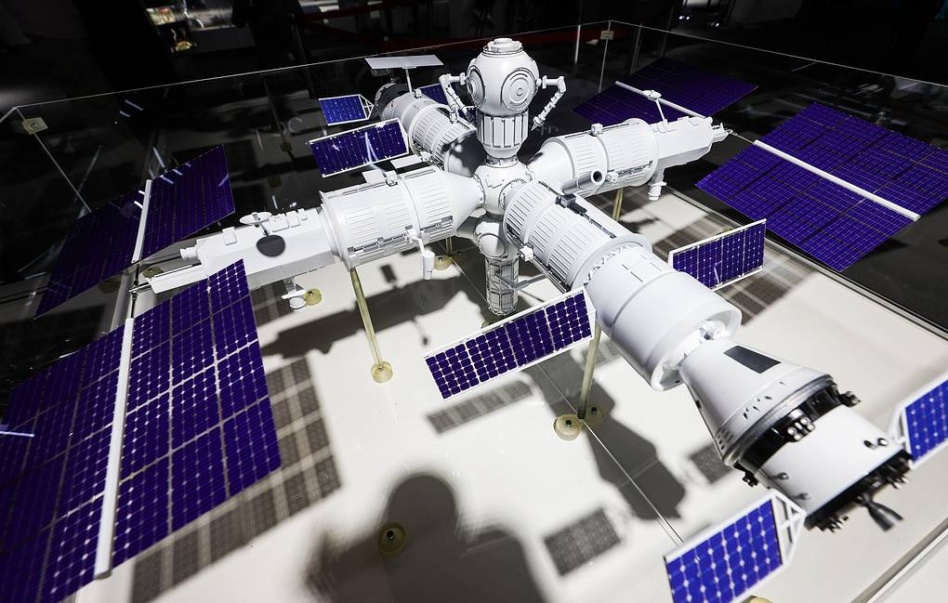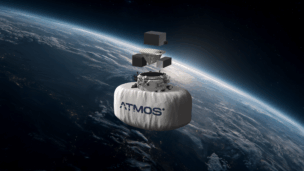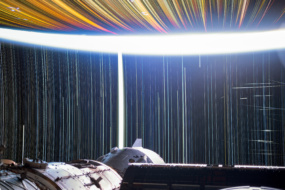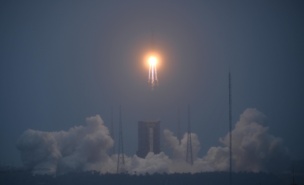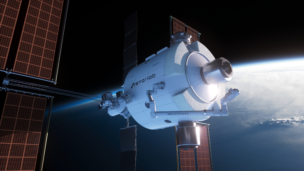Russia will select the first cohort of Russian Orbital Station (ROS) cosmonauts by next year, officials announced last week. Development of the training program for the selected cosmonauts is expected to be completed by 2025.
Russian Orbital Station 101: With the ISS set to deorbit by the end of the decade, Russia has proposed building its own sovereign LEO station, similar to China’s Tiangong base.
- Roscomos expects preliminary designs for ROS to be complete within the next few months. The plan is to then launch the first power module by 2027, with four additional modules slated to be installed by 2030.
- The inaugural mission to the ROS will consist of just two cosmonauts.
In April, Russia committed to participating in the ISS through 2028, allowing the Kremlin to bridge its presence in space to the grand opening of the ROS.
Hold your rockets: Despite Moscow releasing details of its crewed ambitions in LEO, the path toward construction for ROS remains unclear. Space stations require a dizzyingly-high financial commitment. The ISS–albeit much bigger than the proposed ROS–has been a $100B+ endeavor, with NASA alone spending ~$3B a year just to keep the lights on.
Between Russia’s existing commitment to help build an ILRS moon base, the expensive war in Ukraine, and a generally smaller GDP, funding for the ROS remains a big question mark.
